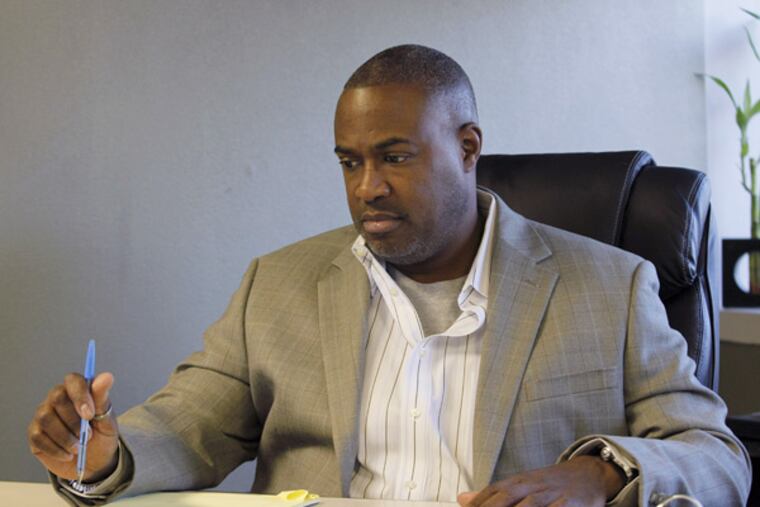At the small end of the scale, the cliff is here
Marie DeNicola's small business is already feeling the effects of federal lawmakers' inability to compromise on the budget. If Democrats and Republicans don't come to a consensus soon, a combination of billions in tax increases and budget cuts will go into effect Jan. 1.

Marie DeNicola's small business is already feeling the effects of federal lawmakers' inability to compromise on the budget.
If Democrats and Republicans don't come to a consensus soon, a combination of billions in tax increases and budget cuts will go into effect Jan. 1.
DeNicola, who owns Mainstream Boutique, a Minneapolis-based chain of 23 franchise stores that sell women's clothes, recently got a painful e-mail from a prospective franchisee, who said she changed her mind about opening a shop because of uncertainty about the economic and political climate.
"It was like a punch in the stomach," said DeNicola, who also operates one of the stores. "It's a little scary - because of the unknown, small businesses aren't waiting until January or February to see what happens. People are reacting now."
Going over the fiscal cliff could have a range of negative ramifications. If people have to pay higher taxes, they will likely spend less. Businesses will hold off on hiring or making investments that could help them expand. Federal budget cuts will put billions in government contracts in jeopardy.
Like her potential franchisee, DeNicola also is holding off on big moves.
"We're waiting to see what happens before we decide on hiring. I can't continue to invest in the business until I know what's going to happen," she says.
A big concern for small merchants is the pending expiration of the 2 percentage point cut in payroll taxes. If the tax cut isn't extended, the government stands to get $95 billion - money that consumers won't be spending.
Long-term unemployment benefits also will expire, and those receiving them will have a total of $26 billion less to spend.
Greg Jones, who owns three Five Guys Burgers and Fries franchises in Florida, is concerned that customers who might typically stop in three times a week will cut back to once. Restaurants like his lost business to cheaper options like McDonald's in the recession.
Jones wants to open two more Five Guys but says he might not be able to. If his current restaurants aren't profitable enough, he won't have the money.
Such consequences are why Georgia Institute of Technology professor Thomas Boston thinks the fiscal cliff could do enough damage to small businesses to stymie the economy.
"They're just now recovering, really growing in any kind of significant way since the recession," Boston said. "The job creation we've seen over the last five months, that creation has been located overwhelmingly in small businesses."
The stalemate has Arthur Cooper delaying big decisions about his Randolph, N.J., marketing firm, Optimum7.
"I have to be more defensive . . . I have to hire only based on new business that's already coming in," he said.
Vince Fudzie, CEO of Triune, a general-contracting company based in Dallas, said he's already been waiting to find out whether he'll get approval to finish a U.S. Labor Department dormitory project.
If no agreement is struck, Fudzie said, he'll have to re-evaluate his business and see whether it can find new niches to fill.
"Even in a bad economy, there are pockets that are doing better," he says. "We have to figure out: What are we good at?"